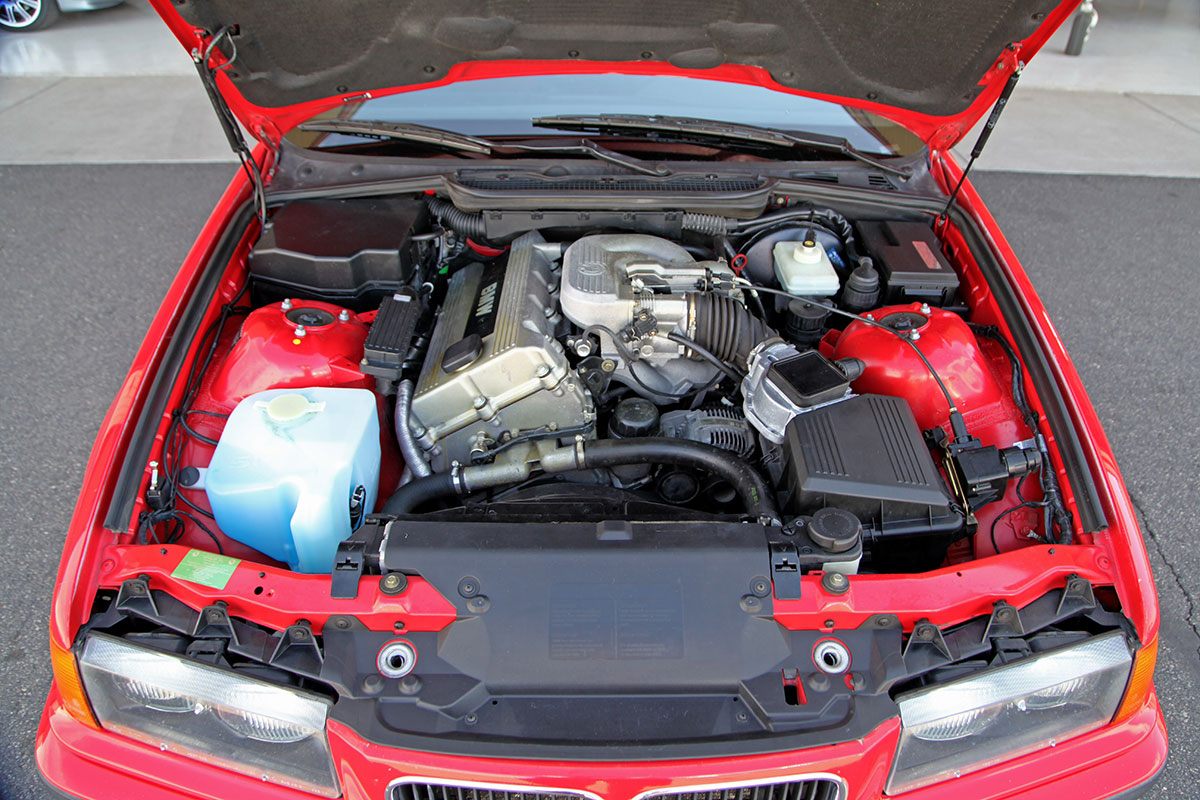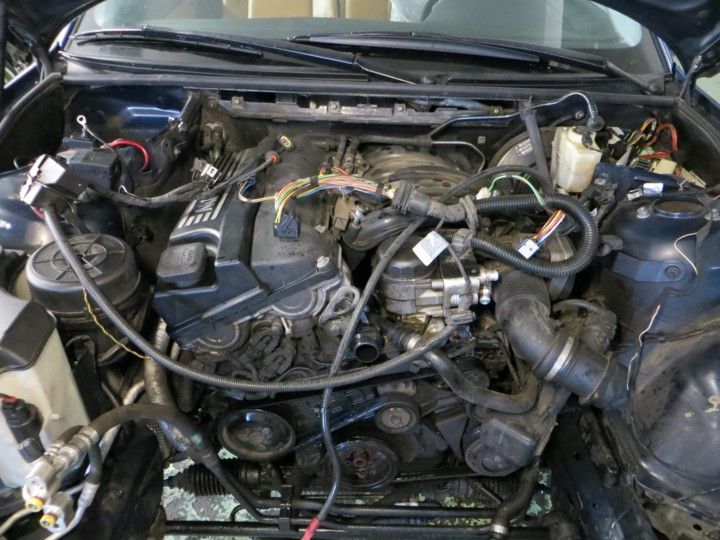BMW 318ti Review: What Makes This Design Stand Out
Important Considerations for Choosing the very best Engine for Your Demands
In the realm of choosing the ideal engine to fulfill your requirements, several important elements need careful factor to consider to guarantee optimal efficiency and effectiveness. From the nuanced equilibrium in between power and efficiency to the often-overlooked facets of maintenance and solution requirements, each element plays a critical duty in determining the most ideal engine for your specific demands. As the complexity of engine innovations continues to progress, discerning the most suitable choice necessitates a deep understanding of the interplay between various factors to consider. By discovering the complex internet of factors that underpin this decision-making procedure, a more clear path arises towards selecting an engine that not only satisfies but exceeds your expectations.
Power and Efficiency
When examining engines for ideal performance, it is vital to prioritize both power output and performance. Power outcome measures the ability of an engine to create power, which straight impacts its performance. A high power outcome is important for requiring tasks such as durable applications or high-speed demands. It ensures that the engine can manage the work efficiently and efficiently. Nonetheless, power alone is not adequate; efficiency plays a considerable duty in establishing the overall efficiency of an engine. Effectiveness describes just how well the engine converts fuel right into functional energy. A much more efficient engine will provide much better mileage, reduced exhausts, and lowered operating expense. Striking the ideal balance between power output and performance is crucial to picking an engine that satisfies your specific needs. When making this choice, it is essential to consider variables such as the meant use of the engine, ecological influence, and lasting expense implications. By meticulously examining both power and performance, you can choose an engine that supplies optimum performance and meets your needs successfully.
Gas Efficiency and Economic Situation
In the realm of engine choice, the factor to consider of fuel efficiency and economy holds vital value. Gas effectiveness refers to the engine's capability to convert gas right into energy with minimal waste, straight influencing operating costs and environmental sustainability. bmw 318ti. When picking an engine, evaluating its fuel economic situation is essential to identify long-lasting financial savings and environmental impact. Engines with higher gas performance not just decrease fuel expenses but also decrease carbon exhausts, adding to a greener procedure.

Compatibility and Application
Taking into consideration the gas efficiency and economy of an engine, the following essential element to address is its compatibility and application within certain operational contexts. Compatibility refers to internet how well the engine incorporates with the general system or devices it powers.
Furthermore, the application of the engine is equally crucial. Various engines are designed for certain objectives, whether it be commercial machinery, marine vessels, autos, or power generators. Recognizing the desired application enables for the selection of an engine that can supply the necessary power output, torque, and functional features. A high-revving engine designed for performance vehicles would certainly not be appropriate for durable building and construction tools that requires high torque at low rates.
Maintenance and Service Needs
Upkeep and solution requirements play a critical role in ensuring the long life and ideal efficiency of an engine. Routine maintenance is vital to protect against failures, extend the lifespan of the engine, and keep its effectiveness. When selecting an engine, it is very important to think about the supplier's suggested upkeep timetable and the availability of service centers or certified technicians.
Aspects such as the frequency of oil adjustments, filter replacements, and overall evaluations can considerably influence the engine's performance. Some engines might call for more constant servicing based on their style and use, while others may have longer periods in between upkeep checks. It is crucial to abide by these solution needs to avoid expensive repair work and unforeseen downtime.

Cost and Budget Plan Factors To Consider
When choosing an engine for a specific click application,Spending plan restraints commonly play a substantial duty in the decision-making procedure. When thinking about the expense and budget plan implications of selecting an engine, it is important to evaluate not just the first purchase cost however also the lasting expenses related to maintenance, fuel usage, and possible upgrades or repair work. It is essential to strike an equilibrium in between the ahead of time price of the engine and its total lifecycle prices to guarantee that the chosen engine stays economically sustainable throughout its operational lifespan.
Elements such as fuel efficiency, integrity, and toughness can straight affect the complete cost of ownership of an engine. While a much more pricey engine might have greater ahead of time costs, it could possibly result in lower maintenance and gas expenses over time, thus using better worth in the long run.
Final Thought

Fuel effectiveness refers to the engine's capacity to convert gas right into energy with very little waste, directly impacting operating costs and environmental sustainability.Aspects influencing fuel efficiency include engine design, combustion efficiency, and total efficiency optimization. Additionally, choosing the appropriate gas kind and quality as advised by the engine maker can further enhance efficiency and extend engine life expectancy.
Engines with good utility attributes and easily offered parts can decrease maintenance costs and decrease the time the engine is out of procedure - bmw 318ti. It is critical to strike an equilibrium in between the upfront cost of the engine and its total lifecycle expenses to guarantee that the chosen engine stays financially sites lasting throughout its functional lifespan